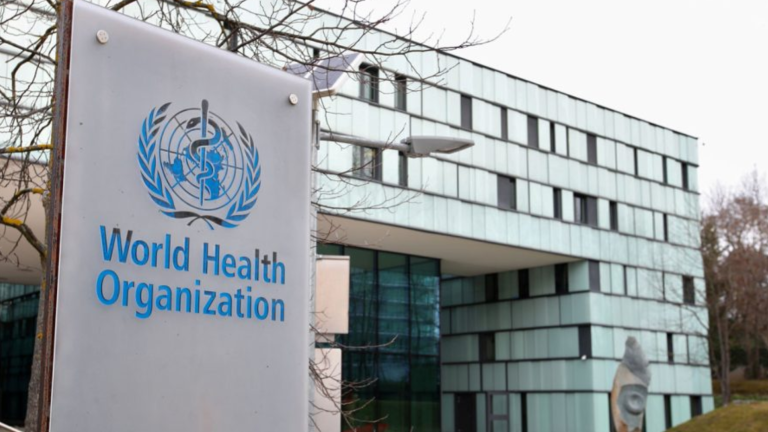The World Health Organization (WHO) has officially certified Cape Verde as a malaria-free country a significant milestone for global health.
This achievement places Cape Verde among the elite group of 43 countries and 1 territory that has received such certification from the WHO.
Cape Verde is the third country in the WHO African region to attain this status, following Mauritius and Algeria, certified in 1973 and 2019, respectively.
Notably, the African continent bears the highest malaria burden, accounting for approximately 95% of global malaria cases and 96% of related deaths in 2021.
The significance of the WHO certificate
- The certification of malaria elimination is expected to have wide-ranging positive effects on Cape Verde’s development.
- The structures and systems established for malaria elimination will fortify the health system, aiding in combating other mosquito-borne diseases such as dengue fever.
- Furthermore, Cape Verde’s status as a malaria-free destination will attract more visitors, potentially boosting socio-economic activities in a country where tourism constitutes approximately 25% of GDP.
WHO Director-General, Dr. Tedros Adhanom Ghebreyesus, commended the commitment and resilience of the government and people of Cape Verde.
He noted that the certification reflects the success of strategic public health planning, collaboration, and sustained efforts to protect and promote health.
Dr. Tedros expressed optimism about the possibility of a malaria-free world with existing tools and new advancements, including vaccines.
What you should know
- The official certification by WHO is granted when a country demonstrates, with rigorous evidence, the interruption of indigenous malaria transmission by Anopheles mosquitoes nationwide for at least the past three consecutive years.
- Additionally, the country must showcase the capacity to prevent the re-establishment of transmission.
- Cape Verde’s Prime Minister, Ulisses Correia e Silva, acknowledged the impact of the certification on the country’s external image, particularly in terms of tourism and overall reputation.
- He emphasised that the achievement recognises the challenges overcome by Cape Verde in its health system.
- Dr. Matshidiso Moeti, WHO Regional Director for Africa, praised Cape Verde’s achievement as a beacon of hope for the African Region and beyond.
- He highlighted the accomplishment as evidence that with strong political will, effective policies, community engagement, and multi-sectoral collaboration, malaria elimination is an achievable goal.
- Cape Verde’s journey to malaria elimination has been marked by targeted interventions and strategic planning.
- Since the 1980s, the country has faced and overcome lapses in vector control, ultimately confining malaria to two islands: Santiago and Boa Vista, both declared malaria-free in 2017.
The nation’s commitment to malaria elimination was further solidified with its inclusion in the national health policy in 2007. A strategic malaria plan from 2009 to 2013 laid the groundwork for success, focusing on expanded diagnosis, early and effective treatment, and comprehensive reporting.

